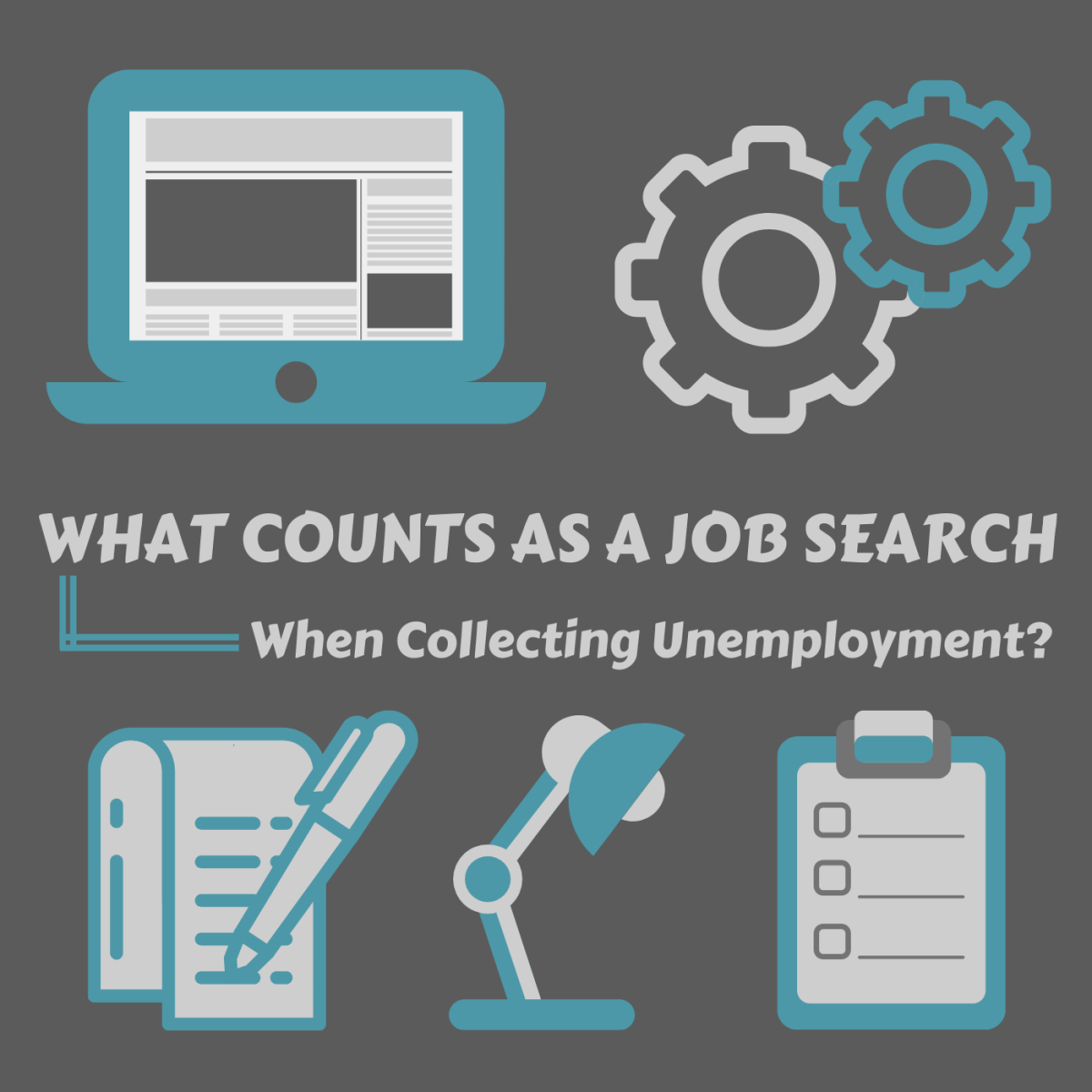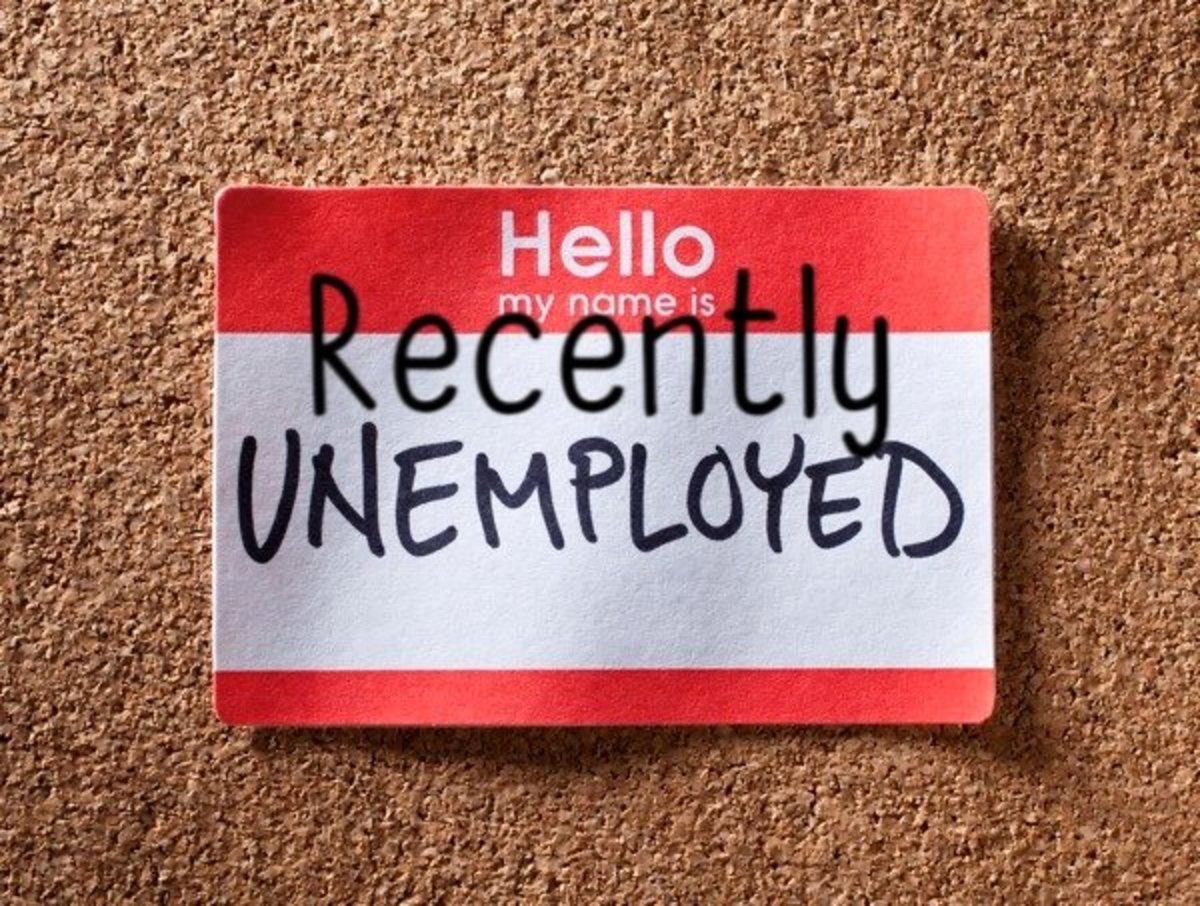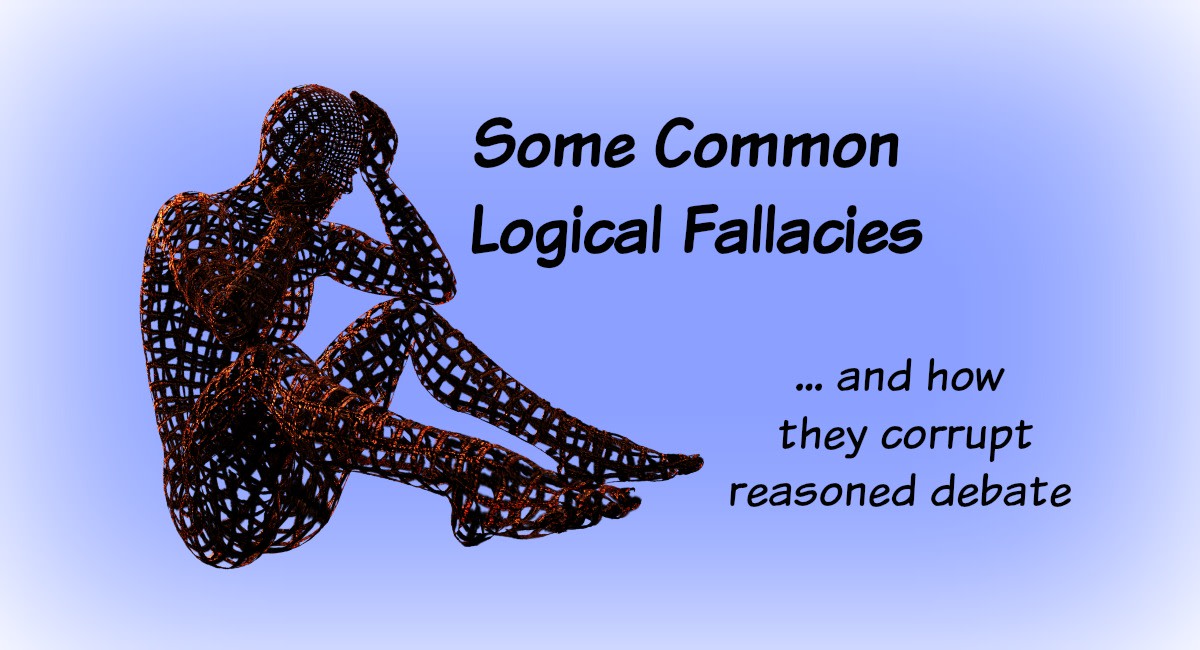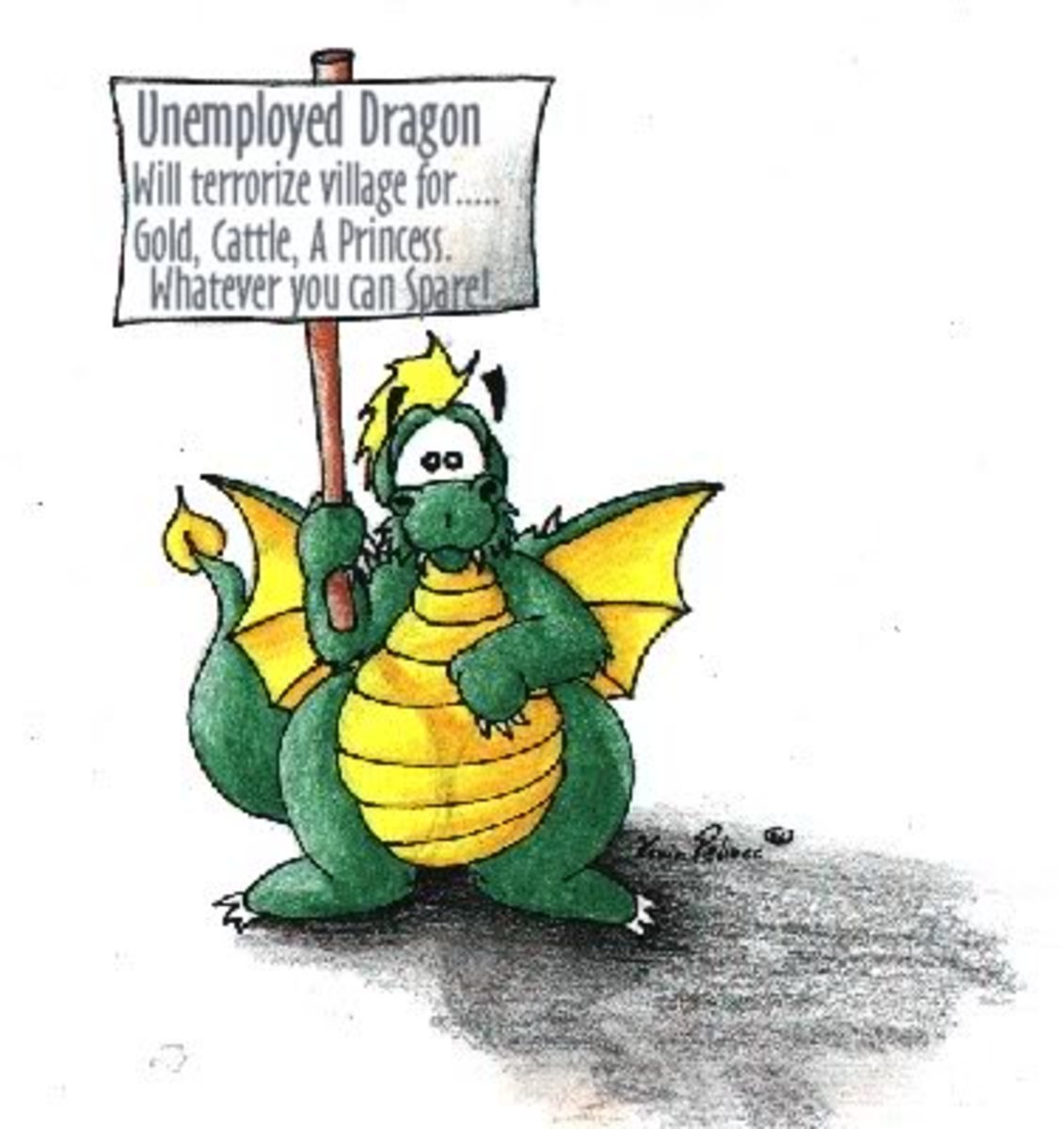What will I do if I lose my Unemployment Hearing in Michigan, How to appeal to the Appellate Commission
About the Hearing
Did your Advocate help you feel less nervous at your Unemployment Hearing?

What is the Bottom Line?
You have gone to your Hearing. You have answered all the questions. You have hoped and prayed for the answer you need.
So, what is next?
It usually takes about a week for the ALJ to mail out his decision. There is basically three ways that the ALJ can rule. Firstly, He can say that you should get your unemployment. In this case, the Order will say, “Claimant is not disqualified . . .” Or in some cases it may use the word “Eligible.” This means he found for you. You win!
The second way he may go is, “Claimant is disqualified . . .” or “Claimant is not eligible. . .” This means that the Employer wins.
The third option is more rare. In some cases, the ALJ may split his decision. He may say you get your benefits for some weeks and not for others.
How does the author know about Unemployment Hearings?
Andrew Grosjean is an attorney at law (licensed in CA). He lives in Michigan and has worked extensively with Michigan Unemployment Hearings since 2001. His wife, Glenda Grosjean, is also an Advocate for Unemployment (since 2004) and for Disability. They have dealt with all issues in the area and have knowledge of the ALJ's in the South-East area of Michigan. They have done arguments to the Michigan Compensation Appellate Commission (formally MESC Board of Review) resulting in decisions in favor of unemployed workers.
"My goal in this area is to do my best to make sure that people have their situations presented in the best possible light. I believe in justice and there is a Judge that we all must one day answer to. So, we should to do the right thing." Isaiah 56:1 "Thus saith the LORD, Keep ye judgment, and do justice: for my salvation is near to come, and my righteousness to be revealed."
If you are Claimant and need an Advocate for your Michigan Unemployment Hearing, you can have Andrew or Glenda Grosjean represent you for FREE. The Advocacy Program pays for the service. Just call Andrew at 313-729-9794. Or you can call Glenda at 313-729-9798.
If you are an Employer and need help with Unemployment claims, Andrew Grosjean can still help you. While he does not represent Employers through the Advocacy Program, Employers still contract with him to represent them at these hearings. He has unique experience in that he knows how Claimants usually win. He can help Employers prepare in a way that many advocates/attorneys are not able to.
He has been involved with Social Security Disability since 2009. He has successfully helped clients apply for their Social Security benefits and get them the first time they apply even though 80% are denied at the first application. He has also helped others appeal negative decisions and get their benefits that they should have received in the first place. Finally, he has helped many clients successfully present their case at the hearing stage as well.
If Andrew Grosjean takes on your Disability Case, there is no charge unless you win! It is a free consultation. Just give him a call.
Legal Mumbo Jumbo on the Decision Letter
• UIA: Unemployment Insurance Agency
• ALJ: Administrative Law Judge.
• Appeal/Docket Number: This is the number the Office of Appeals uses to keep track of your case. You can find it on the top right corner of your Notice of Hearing.
• Claimant: That is you. You filed a claim for Unemployment.
• Jurisdiction: The ALJ has to go through these details of what the Unemployment Insurance Agency did before getting to hearing stage.
• Statement of Facts: This is the section where the ALJ tells you what he thinks happened. This is important because his determination of facts will guide the decision.
• Issues: This is the part where the ALJ lists the rules that control his decision. It has a lot of mumbo jumbo about what the laws say and how the laws have been interpreted.
• Reasoning and Conclusion: This is a very important. It tells what the ALJ believes to be the truth and why he decided the way he did.
• Order: It is the section where the ALJ orders the Unemployment to do or not do something. “Claimant is not disqualified. . .” “Claimant is not eligible. . .”
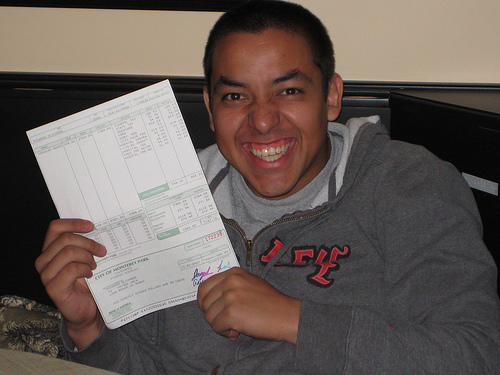
What is next if the ALJ finds for you?
The ALJ will send his decision letter to several places. He sends you, the Claimant, a copy. He sends the Employer a copy. He sends a copy to your Attorney/Agent (if you have one). If the Employer had an Attorney, he will also get a copy.
So, the most important place that the ALJ will send the decision letter is to the Unemployment Agency. At the same time he sends it out to the parties, he also sends it to the UIA. They then start to process it. I do not know what happens in this dark and murky place of bureaucracy other than a few things that I have been told. The UIA goes through their process of reversing the benefits.
The question is always, “How long does it take to get the money after the ALJ decides the case for me?” The answer is different for different people. I would guess that the average for most people is that it usually takes a couple of weeks from the time of the decision. That guess is based on what I have heard from Claimants. If it takes the ALJ takes about a week to issue the letter, then the agency takes about a week to process the benefits, that is about two weeks.
The fact is though that sometimes the ALJ gets the decision out in the mail the very next day, or sometimes it takes a couple of weeks to get the decision. Sometimes the UIA takes longer to process, or they process very quickly. So, sometimes people get their benefits promptly. But sometimes, it seems to take for ever.
So, I guess my answer is, “Usually about two weeks, but you never know with bureaucracy.”
During the Hearing
Did the ALJ treat you respectfully during the Hearing?
What’s next when it is against you?
You have gone to your Unemployment hearing for your benefits. You waited for about a week or so to get the ALJ’s decision. You sort though all kinds of legal mumbo jumbo. Then you read the disheartening words, “The Claimant is disqualified for his benefits. . .” If you do not want to fight any more you do not have to. But you need to understand that if you got paid any Unemployment Benefits, and the ALJ finds against you, you will be asked to pay back what you got.
If you want to appeal the decision, read the back page of the decision. It informs you of your rights of appeal. It also give you contact information for the MESC Board of Review.
If you disagree with the ALJ’s decision, you have two options. You can do one or both of them, or skip the first, and go right to the second.
During the Hearing
Did the ALJ understand and keep straight the facts of case?
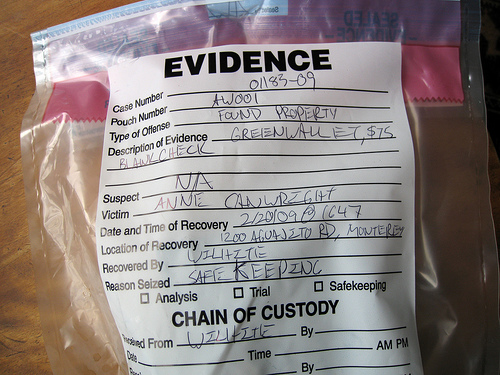
The First Option: Ask for a Re-Hearing
I. Ask for a Re-Hearing.
Your First Option is to ask for a Re-Hearing. The option of a Rehearing is for when you have found that there is more information that you did not have or did not know that you needed for your first hearing.
This Re-Hearing option is not used most of the time. It is often hard to get the Re-Hearing granted. But I list if first because if you are going to do it, you want to do it before the Protest to the Board of Review.
Sometimes when you go to a hearing, even though you have prepared properly and done what you can. . . Sometimes you still find that you do not have all the information that you needed. Sometimes you do not know what the employer is going to say until they say it. Only during the hearing do you realize that you need information or a witness, and you had no way of knowing before then.
In this case, you can ask for a rehearing to get the information into the record so that the ALJ has all the information that he needs to make a fair decision. The trick is that you cannot get a rehearing if you knew or should have known that you might need the missing information before the hearing. If you should have known that you needed the info and did not have it, it is your loss. The ALJ will not give you a second shot.
You could get a rehearing if
1. You really did not know that you needed the information, and you had no way of knowing that you needed it.
2. Or, you had no access to the evidence until after the hearing.
A. First you must ask the ALJ for the Re-hearing.
To get the Re-Hearing you must first ask the ALJ for it. You cannot just go to the judge’s office and ask the secretary to get you a Re-Hearing. Nor can you do it by phone. You must do this in writing. You can do this by mailing a letter to the judge’s office, but I find that it is better to do it by fax. That way you can make sure that they did receive the Request.
The phone and fax numbers for the ALJ’s office should be on the notice of hearing. Or if you lose that, your Advocate that helped you with the hearing should have the number to the office.
What do you say in the Request for Re-Hearing?
You must have evidence that you did not have or did not know that you needed in the first hearing. Now, you realized that it was important.
• Tell him what the evidence was.
• Tell him why you did not know that you needed it in the first hearing.
• or, Tell him why the evidence may not have been available to you for the first hearing.
B. What if the Judge denies your Request for a Re-Hearing?
Some Judges are more likely than others to deny a Request for Re-Hearing. There is still one more chance if the ALJ denies the Request. You need to send the same request to the MESC Board of Review.
Take a copy of the first letter and attach a note saying, “The ALJ denied this request for a Re-hearing. I would like the Board of Review to order a Re-Hearing . . .”
Tell the Board why you believe that you did not have a chance to present your evidence
(1) Ignorance of the Fact
(2) Inability of Council (although I do not know if the Board will give this any weight)
(3) Ignorance of the issue. You did not know what it was until the hearing and/or ALJ’s decision.
The Board of Review is not going to consider evidence that was not given at the Hearing. That is why you need a Re-Hearing if there is more evidence that needs to be considered. The will only consider what evidence is introduced to the ALJ at the Hearing.
If you want more evidence to be considered you have to get a Re-Hearing.
Your Second Option: Appeal to the Appellate Commission
II. If you disagree with the ALJ’s decision, your Second Option is to appeal to the MESC Board of Review.
You do not have to ask for a Re-Hearing. You can go directly to the second option of Appeal. Most people do. But even if you did ask for a Re-Hearing, and the Board denies the request, you can still protest the ALJ’s decision.
This is not another hearing. This is done by letter. You do not have to go anywhere or speak to anyone.
You simply write/fax a letter to the Board saying that you disagree and want to appeal the ALJ’s decision. I would suggest fax because you can then call the secretary and confirm that they received the Protest Letter.
To contact the MESC Board of Review:
• Voice Line: 800-738-6372
• Fax Line: 517-241-7326
While the letter asking for a Re-Hearing tends to be complicated, the Protest Letter does not need to be. It could be as simple as:
“I disagree with the Judge’s decision. I want to appeal it to the Board of Review.”
Of course, you need to include a few bits of information:
• You must include your Name.
• You should include the Date.
• You should include your full Social Security Number so that they know for sure who you are.
• It might help to give the ALJ’s name.
• It might help to give the Appeal/Docket Number from your hearing (B2010-45678 for example). You can find it on the top right corner of your Notice of Hearing.
• You need put your signature on the letter.
You can find the address to the Board of Review on the back page of you Decision Letter.
That is all you have to do to appeal the ALJ’s decision. You do not need to do anything more. It is free of charge. If you disagree with the ALJ, why would anyone not protest?

Written Argument and Oral Argument.
A. Additional options when you Protest the ALJ’s decision: Written Argument and Oral Argument.
You can after that use one of two other options but do not need to pursue either. They are extra, not necessary. These two options are Written Argument and Oral Argument. An argument is you telling the Board why they should find in your favor based on the facts submitted at the hearing.
When you protest a Decision, the Board prepares a transcript of the Hearing. They will send a copy of this to both parties. If you have an Advocate/Attorney, the transcript will go to him. You will still receive a letter stating that the transcript is prepared. This letter will also tell you what the deadline for any argument is.
An Argument is when tell the Board why the ALJ was right or wrong. You do not add any evidence to the record, but you take the existing testimony, exhibits, and facts and show the Board why the ALJ was wrong. Maybe you agree with the ALJ because he found in your favor. If the Employer appeals, you may want to argue why the ALJ was right.
If possible, you want to find other cases that are similar to yours. If there are cases like yours that the Claimant won, you will want to point those out the similarities between your case and that one. If there is a case that is similar to the facts of your case, but in that case they found against the Claimant, you want to show the differences in the cases.
You can ask for an Oral Argument. This is very rare. Someone told me that the Board only allows Oral Arguments about ten times a year. I do not know how accurate that estimate is, but that was what I was told by someone in the office.
An Oral Argument is “oral” meaning you make it in person and verbally. You would go before the Board and verbally tell them which way you want them to decide. They may ask you questions as to why you take your position.
If you ask for an Oral Argument, you may want to send written argument in support of the Oral Argument. The Written Argument will go through all of what you want to say. The reason that you would still want the Oral Argument is so that you can answer any questions the Board might have and verbally persuade them past their disagreements.
You can submit a Written Argument alone. This is more common. Most people do not do arguments at all. But those that do make arguments, it is usually a written argument.
For a Written Argument, I would suggest that you gave a few different parts.
1. You should start out by stating what you want to Board to do. “Please affirm the ALJ’s decsision. . .” Or “Please reverse the ALJ’s decision. . .”
2. Statement of Facts: You should include a Statement of Facts. In this section, you should take your story and tell it again in a way that will support your position. Of course, you must make sure that you keep to the facts that were actually shown at the hearing.
3. Issues: You should have an Issues section. “The issue is whether the ALJ was wrong when he . . .”
4. Reasoning: You should have a Reasoning or Argument section. In this section, you contrast or compare previous cases. You show your logic as to why the ALJ was right or wrong.
5. Conclusion: Wrap it up and briefly summarize why the Board should find in your favor.
If the Employer did not have an attorney, it is hard to make an argument. The problem is that the rules say that if they do not have an agent/attorney, you have to ask their permission for the Board to consider your argument.
If the Employer does have an agent/attorney, it is easier. All you have to do in that case is to send (1st class mail is okay) the attorney a copy of your argument before the deadline. Then you write a letter confirming that you did send a copy to the Employer. Include the date of when you sent it and how you sent it.
If the Employer did not have an agent/attorney, in my experience, there is no use in writing an argument because you cannot make the Employer agree to let the Board consider your argument. The Employer will probably just ignore your request. Why would they assist you? They want you to lose.

Unfortunately, the Advocacy Program does not pay for representation to the Board of Review. The Advocacy Program will pay for your hearing, but not past that stage. So you have some options. The First Option is to do nothing after you appeal to the Board. Once you have requested the Board to consider the ALJ’s decision, they will do that. You do not have to do anything else.
The Second Option if you want to have an argument is to write it yourself. You can get the transcript of your hearing either from the Board or from your agent/attorney.
The Third Option is hire someone to write it for you. I have no idea how much the average price of that is (I have spoken to me about prices that are much higher than me.) Ask your advocate/attorney if he is willing to write the argument for you, because not all Advocates do that kind of thing.
If you have any questions, feel free to call me at:
313-292-6280
Disclaimer.
This is an article with helpful tips for those that are facing unemployment issues in the state of Michigan. It is simply the personal opinion of myself and should not be construed as specific legal advice. If you are facing a hearing of this type, you should confer with a specialist in this area to analyze your specific situation and give you a proper opinion on how you should pursue your case. While the author has been authorized to represent Claimants through the Advocacy Program, and is a California attorney, Andrew Grosjean is not licensed to practice law in Michigan.
The opinions expressed here are that of the author. They are not authorized by or necessarily representative of the UIA, the Advocacy Program, or anyone else.
If you have any specific Unemployment questions in Michigan, feel free to call Andrew at 313-292-6280. Any correspondence with the author does not constitute legal representation or an attorney/client relationship.



